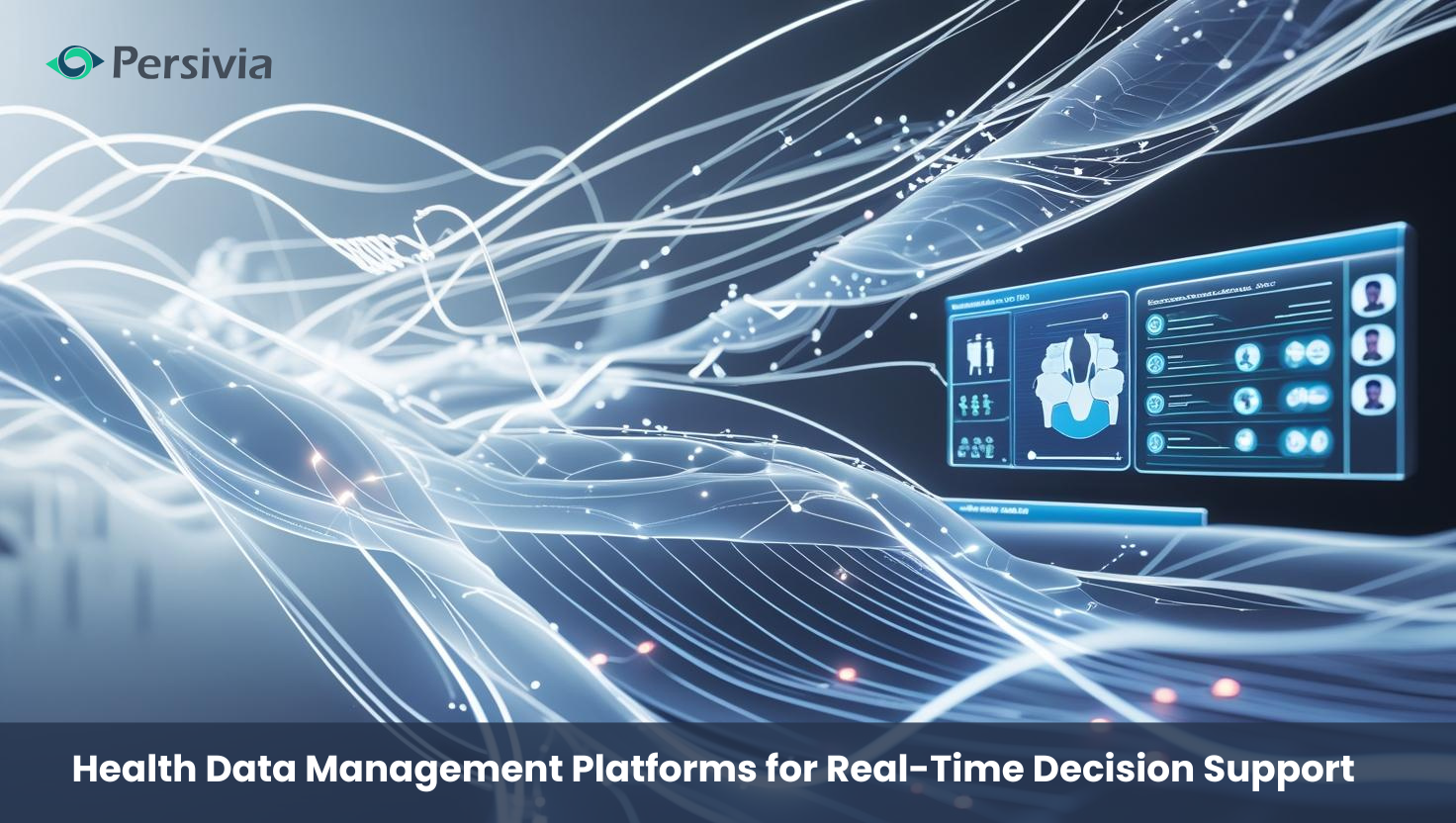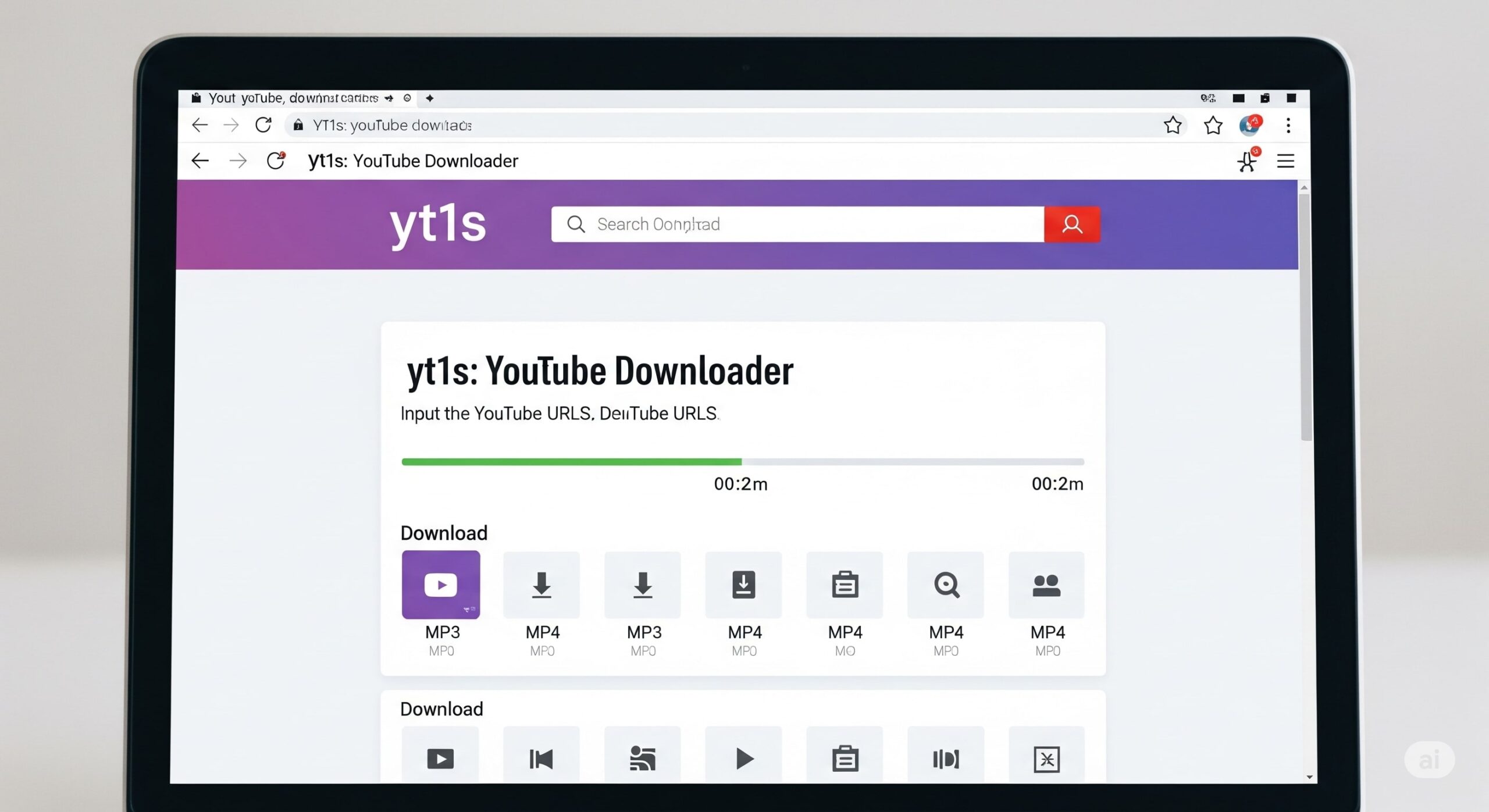Health Data Management Platforms (HDMPs) enable providers to process clinical data in real time, support evidence-based decision-making at the point of care, and power participation in episode-based models like CMS TEAM. These platforms help reduce readmissions, improve care coordination, and boost outcomes across value-based care programs.
Healthcare organizations process massive volumes of patient data daily, yet critical insights often remain buried in fragmented systems. Health Data Management Platforms address this challenge by converting clinical data into actionable intelligence for real-time decision support. These platforms have become essential infrastructure as healthcare shifts toward value-based care models that reward outcomes over volume. With CMS implementing episode-based payment structures like the TEAM Model, healthcare organizations require data management capabilities to track costs, quality metrics, and patient outcomes across entire care episodes.
What Defines Modern Health Data Management Platforms?
Platforms for managing health data act as central repositories for gathering, processing, and analyzing medical data from various sources. These platforms provide unified patient profiles by combining data from imaging devices, laboratory systems, electronic health records, and monitoring devices.
Data ingestion from various healthcare systems, real-time clinical information processing, and insight distribution via decision support interfaces are the three main ways the platforms work. These solutions are used by healthcare organizations to break down data silos that impede the provision of complete patient care.
The capacity to handle both structured (such as test results and vital signs) and unstructured (such as clinical notes and discharge summaries) data sets, modern HDMPs stand out. During crucial decision-making times, our all-inclusive method gives medical professionals entire patient images.
Core HDMP Architecture Components
- Data Integration Layer: Connects with existing healthcare systems
- Processing Engine: Analyzes clinical information in real-time
- Decision Support Module: Delivers actionable insights
- Reporting Interface: Presents performance metrics
- Workflow Engine: Automates clinical processes
How Do Real-Time Decision Support Systems Function?
When medical professionals can instantly access vital patient data during clinical interactions, real-time decision support becomes possible. Health data management Platforms play a critical role in enabling this by continuously monitoring patient data streams and utilizing intelligent alerting systems.
How HDMPs Enable Real-Time Clinical Decision Support:
- Continuous Monitoring: HDMPs track ongoing streams of patient data in real time.
- Protocol Comparison: Incoming clinical data is compared to pre-established protocols to detect any deviations that require immediate attention.
- Targeted Notifications:
- When patient parameters fall outside of normal ranges or signal potential complications,
- The system sends alerts directly to the appropriate healthcare team members.
Decision Support in Action:
The process of clinical decision support involves several intelligent steps:
- Identifying patterns in patient data.
- Comparing those patterns to evidence-based clinical guidelines.
- Generating tailored, actionable recommendations for treatment or intervention.
Decision Support Capabilities in Clinical Practice
| Function | Clinical Application | Response Requirement |
| Risk Stratification | Identifies high-risk patients | Continuous monitoring |
| Clinical Alerts | Prevents adverse events | Immediate notification |
| Protocol Guidance | Standardizes treatment approaches | Point-of-care delivery |
| Outcome Prediction | Anticipates patient trajectories | Real-time analysis |
Why Digital Health Platforms Drive Healthcare Transformation?
Digital health platform solutions are necessary for healthcare companies to handle the growing complexity of patient care delivery. These platforms tackle basic issues such as operational inefficiencies, clinical decision-making delays, and data fragmentation.
When patient data is spread across disparate platforms, it is referred to as data fragmentation, which hinders thorough care coordination. By establishing unified patient views that are available to all authorized members of the healthcare team, digital health platforms remove these obstacles.
Access to comprehensive patient histories, up-to-date clinical recommendations, and predictive analytics enhances clinical decision-making. The platform highlights important data points and recommends evidence-based treatments, acting as an intelligent information system.
Healthcare Transformation Through Digital Platforms
- Care Coordination Enhancement: Streamlines communication between providers
- Clinical Efficiency Improvement: Reduces documentation burden
- Quality Metric Tracking: Monitors performance indicators
- Cost Management: Tracks resource utilization
- Regulatory Compliance: Ensures adherence to standards
How Do HDMPs Support Episode-Based Care Models?
Episode-based care models, such as the CMS TEAM Model, demand precise tracking of costs, quality measures, and patient outcomes over clearly defined periods of care. Health platforms offer the analytical infrastructure required for successful participation in these value-based payment systems.
Focus of Episode-Based Models:
- The CMS TEAM Model emphasizes 30-day episodes following specific surgical procedures, including:
- Joint replacements
- Spinal fusions
- Cardiac surgeries
- Healthcare institutions must manage and monitor:
- Total episode costs
- Readmission rates
- Patient safety indicators
- Patient-reported outcomes (PROs)
HDMPs Support Episode Management by:
- Comprehensive Cost Tracking: Monitoring total spending across the entire care episode.
- Quality Measure Calculation: Assessing metrics tied to safety, outcomes, and patient experience.
- Risk Adjustment Analysis: Accounting for patient complexity and variability to ensure fair performance evaluations.
- Identifying Cost Drivers: Pinpointing services or factors that contribute most to episode expenses.
- Monitoring Financial Impact: Aligning clinical performance with financial reconciliation goals.
TEAM Model Requirements and HDMP Solutions
The CMS TEAM Model mandates specific quality measures, including hybrid all-cause readmission rates, patient safety indicators, and patient-reported outcome measures. While offering predictive ability to identify patients at risk for unfavorable outcomes, HDMPs automate the collection of data for these measures.
As healthcare companies serve a variety of patient populations with differing degrees of complexity, risk adjustment becomes crucial. In order to ensure equitable comparisons across various care settings, HDMPs compute risk ratings based on patient characteristics, comorbidities, and social variables.
What Technical Capabilities Define Advanced HDMPs?
Advanced health data management platforms need robust processing power, scalability, and interoperability to support real-time decision-making and future growth. Interoperability allows seamless integration with existing systems like EHRs, imaging platforms, and lab systems, ensuring data accuracy and eliminating manual entry. Strong processing capabilities enable the platform to handle large volumes of data quickly, while cloud-based solutions offer cost-effective scalability as healthcare demands evolve.
Technical Architecture Requirements
- API Integration: Connects with existing healthcare systems
- Data Processing Speed: Handles high-volume transactions
- Security Protocols: Protects patient information
- Scalability Features: Accommodates growth
- Mobile Access: Supports point-of-care delivery
How Do Organizations Implement HDMPs Successfully?
Phased deployment techniques, stakeholder engagement, and methodical planning are necessary for the successful implementation of the HDMP. Healthcare companies need to assess their current data architecture, pinpoint integration issues, and define precise success criteria.
Data migration from current systems, workflow integration, and extensive user training programs are all part of the installation process. Every stage necessitates committed project management and ongoing system performance monitoring.
Change management becomes essential as healthcare teams adapt to new data-driven workflows. The platform should enhance clinical procedures rather than complicate them; this necessitates a user-friendly interface and comprehensive support.
Implementation Framework
- Infrastructure Assessment: Evaluates current systems and capabilities
- Integration Planning: Designs connectivity with existing platforms
- User Training Programs: Ensures effective platform utilization
- Performance Monitoring: Tracks system effectiveness
- Continuous Optimization: Improves functionality based on usage patterns
What Role Do These Platforms Play in Quality Measurement?
Quality measurement has become central to healthcare delivery as organizations participate in value-based payment models. HDMPs provide the insights required for ongoing improvement while automating the gathering of quality metrics.
Clinical data such as infection rates, readmission percentages, and patient satisfaction ratings are monitored by the platforms. While guaranteeing precision in quality computations, this automatic collection does away with manual reporting.
In quality improvement programs, HDMP analytics are helpful for spotting performance patterns and emphasizing areas that need work. Healthcare organizations use these data to implement targeted interventions that enhance patient outcomes.
Quality Metrics Supported by HDMPs
- Clinical Outcomes: Tracks patient recovery and complications
- Safety Indicators: Monitors adverse events and preventable harm
- Patient Experience: Measures satisfaction and reported outcomes
- Process Measures: Evaluates care delivery efficiency
- Cost Effectiveness: Analyzes resource utilization
How Do HDMPs Address Healthcare Workforce Challenges?
The operational challenges brought on by the lack of healthcare staff are helped to be addressed by HDMPs through automation and efficiency improvements. These systems allow healthcare providers to focus on direct patient care by handling repetitive data processing tasks.
By generating reports, automating documentation processes, and providing clinical decision support, the platforms reduce the cognitive burden on healthcare providers. This automation is particularly helpful during periods of high census when personnel resources are scarce.
Using these platforms to optimize workflow reduces time spent on administrative tasks while improving information access for clinical decision-making. Healthcare teams report higher levels of job satisfaction when technology improves rather than complicates their work.
Bottom Line
Health data management platforms have become essential infrastructure components for healthcare organizations, putting value-based care and quality improvement initiatives into practice. Clinical data is transformed by these technologies into insightful knowledge that improves patient outcomes and reduces expenses. Strong HDMPs offer the analytical basis required for success as healthcare continues to transition to episode-based payment models like CMS TEAM.
These platforms’ integration of real-time processing, analytics, and extensive decision support makes them indispensable instruments for the provision of contemporary healthcare. In an increasingly complicated healthcare market, companies that invest in advanced Digital Health Platform solutions gain a competitive edge.
Advance Your Healthcare Organization with Persivia
Strong systems that provide real-time insights and facilitate the achievement of value-based care are essential for healthcare companies. Persivia provides comprehensive analytics and care coordination solutions for modern healthcare delivery. Our integrated platforms transform clinical data management, enabling healthcare organizations to succeed in performance.
Healthcare leaders rely on Persivia to provide the knowledge and skills required for long-term success in value-based care settings.
Join the family today!






